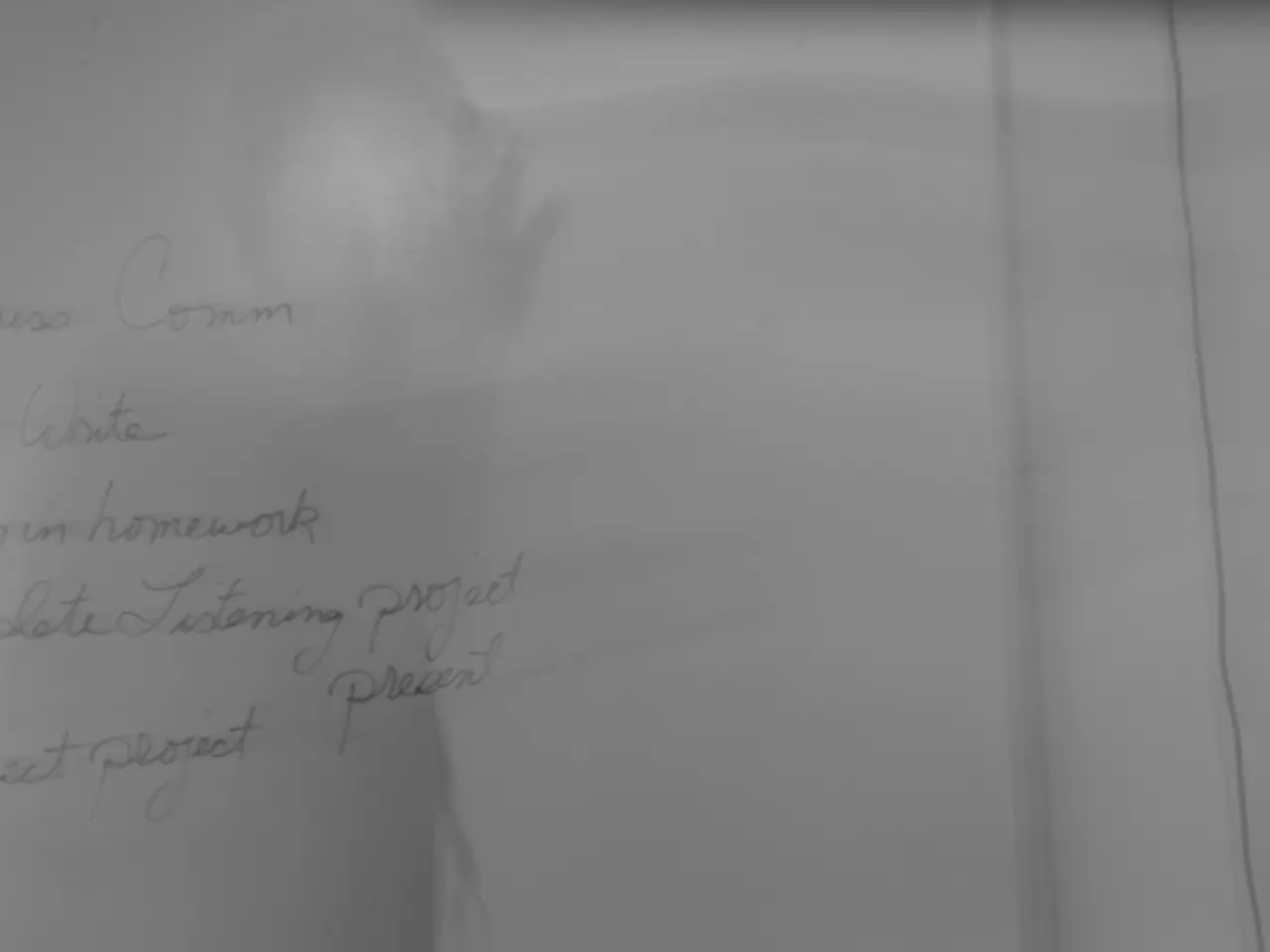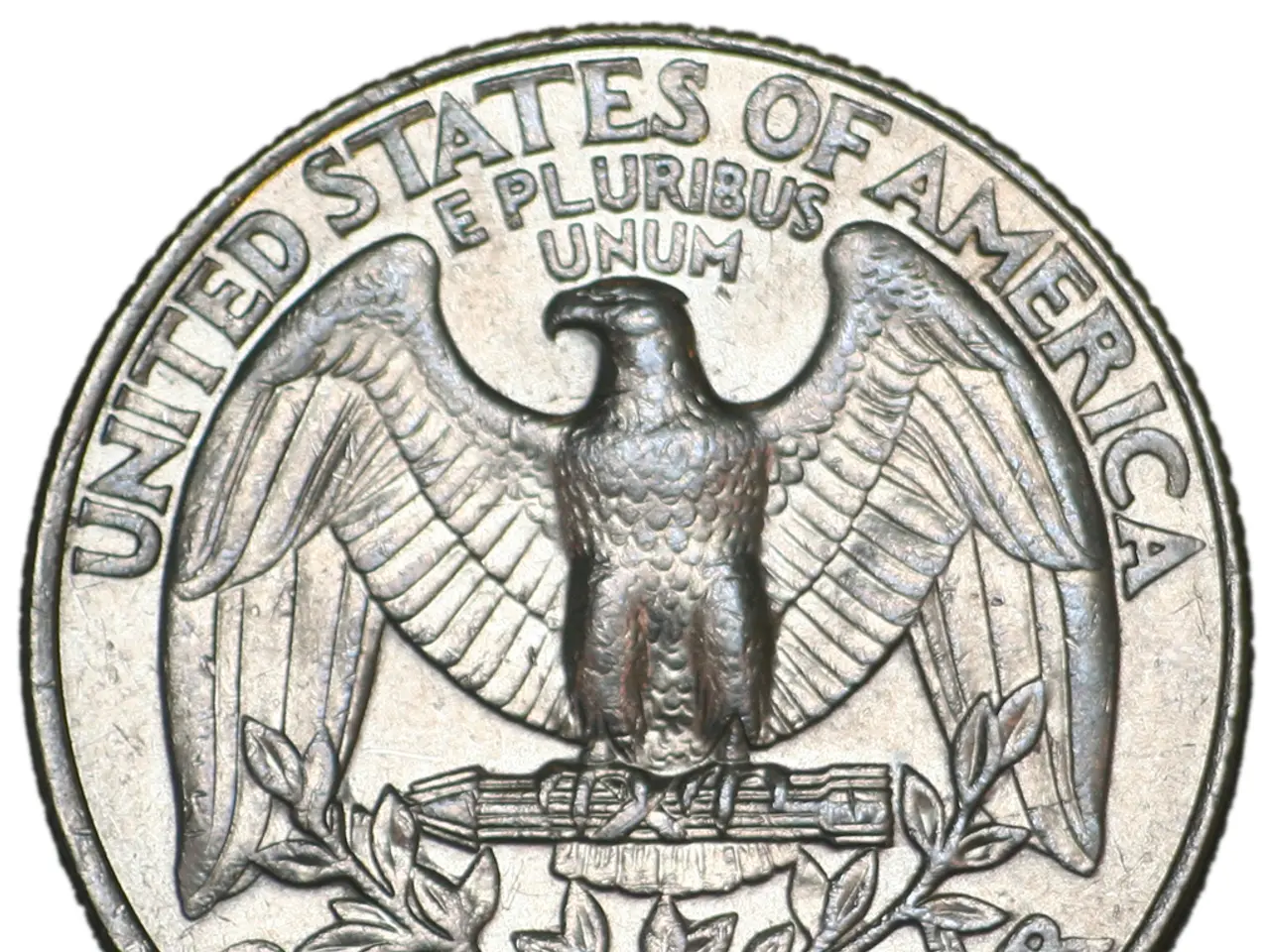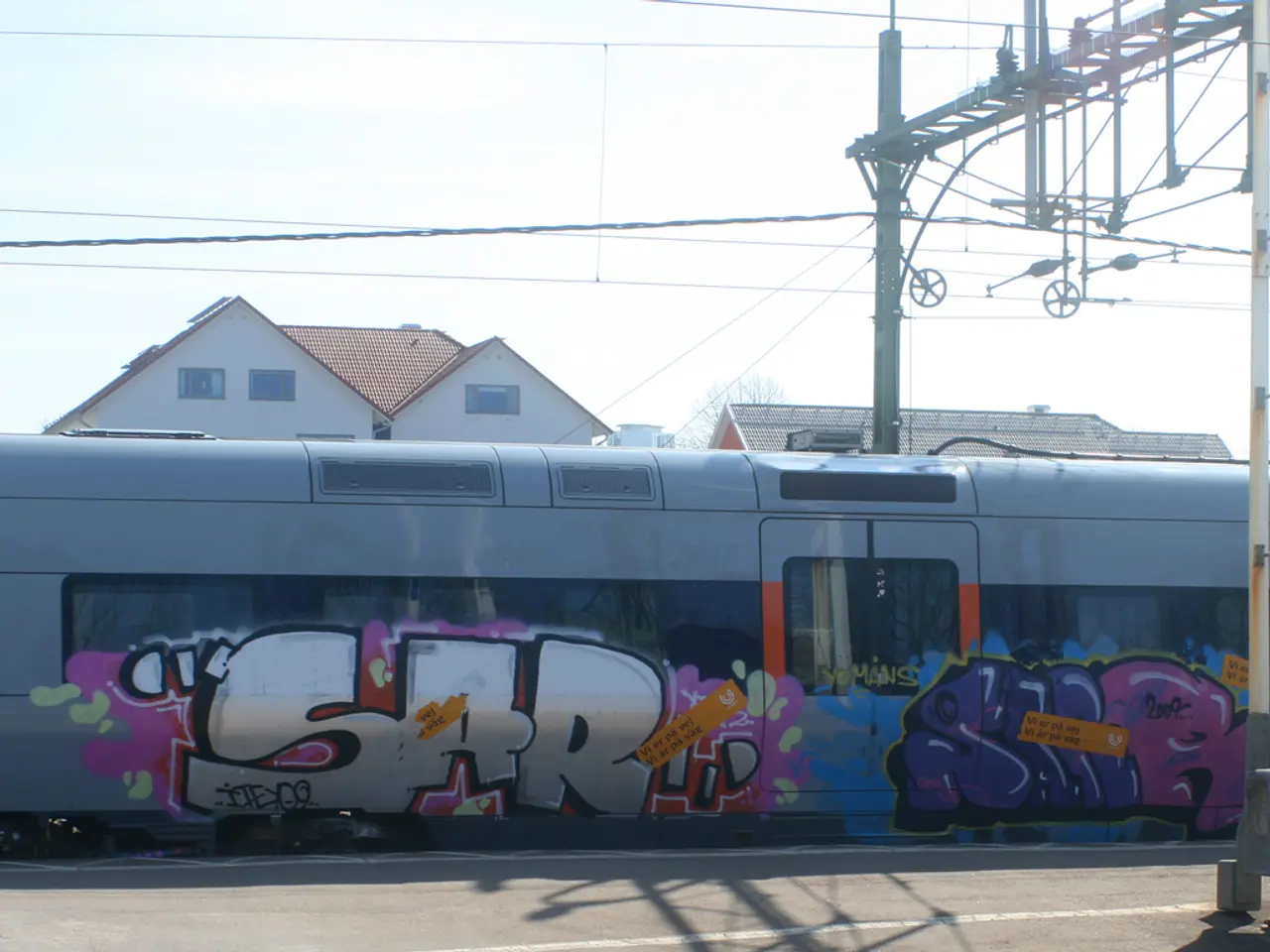Footwear adjustment announced by Oberasbach's mayor due to critical budget predicament - city pleads for temporary respite
At the swanky Johann Hall in Oberasbach on June 26, 2025, the focus was not on sports but on finances, and the future of the city. Mayor Birgit Huber summoned citizens for an open discussion on the city's daunting financial crisis. The turnout was impressive, yet the mood was tense.
Oberasbach is struggling with a whopping €10 million budget deficit in 2025. The city's excessive spending (€48.2 million) outweighs the meager income (€38 million). To blame are increased district taxes, reduced key government allocations, and structural underfunding, all too common burdens faced by many municipalities.
The misfortune continues with a significant one-time business tax revenue of around €10 million in 2023. This windfall, though a blessing, proved to be a curse as the city, now considered financially robust, faced increased district taxes and reduced support from the Free State, leaving a gaping hole in the budget for 2024.
To tackle the looming liquidity crisis, Oberasbach has made an official plea to the district of Fürth to postpone the September installment of the district tax (€1,332,893) without interest. The district administration, open to compromise, proposes a reduced interest rate of 3%, much lower than the usual 6%. However, the district committee will decide by June 30, 2025.
Mayor Huber and her team attempted to simplify the complexities of municipal budget planning, using relatable examples like comparing the predicament to a family in debt or a sudden inheritance meant to cover pre-existing financial responsibilities. Much of the problem, Huber admitted, was unforeseen, such as the drastic increase in district taxes and the considerable reduction in allocations from the Free State.
The citizens voiced their concerns and criticisms after the event, ranging from calls for transparency to questioning the delay in implementing fundamental cost-saving measures. Addressing these points, Mayor Huber reflected on her role in the early warning system, admitting, "I should have warned much earlier and more forcefully."
Already, Oberasbach has taken drastic steps, implementing an immediate budget freeze, delaying infrastructure projects, and slashing funds for voluntary services like cultural events and sports programs. Even complimentary birthday cards now arrive by bike as a symbol of the city's efforts to save.
The road ahead for Oberasbach is tough. Mayor Huber announced a strict consolidation plan for the coming years, encompassing both savings strategies and potential tax hikes. The property tax is among the candidates for increase. The business tax rate, already at 400%, will impose additional burdens on local companies.
In facing the financial challenge, cities like Oberasbach require a balanced blend of short-term and long-term solutions. Strategic budgeting that maintains essential services, invests in priority areas, and avoids reliance on one-time funds becomes crucial. Steps such as adopting transparent budgeting processes, redefining core services, and engaging the community through transparency can all contribute to fostering understanding and acceptance of the difficult financial choices ahead.
Young citizens expressed concerns about the future of businesses in Oberasbach, given the city's current financial struggle. Mayor Huber urged the necessity of finding innovative financial solutions to balance the budget, emphasizing the role of local businesses in the city's recovery.






